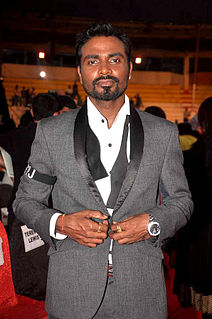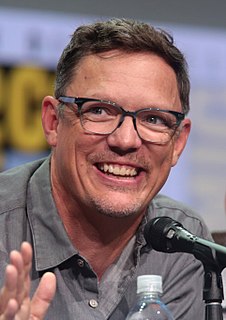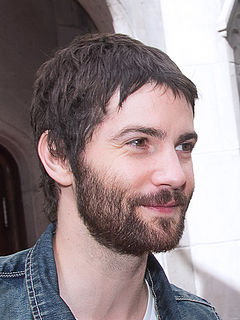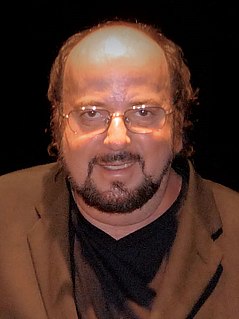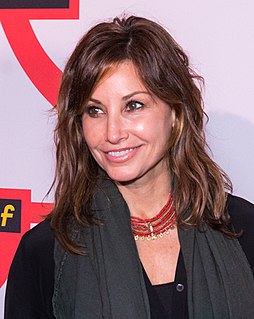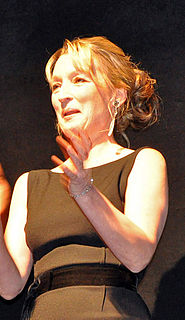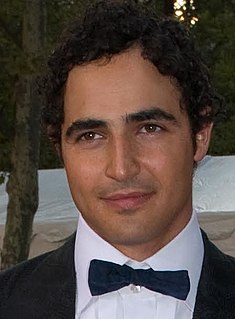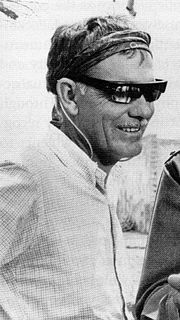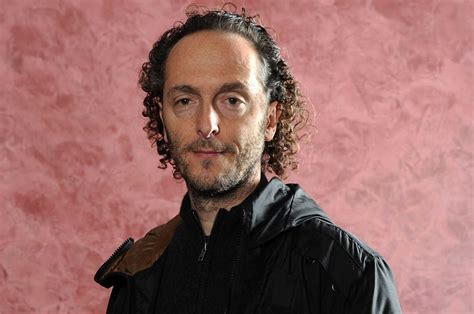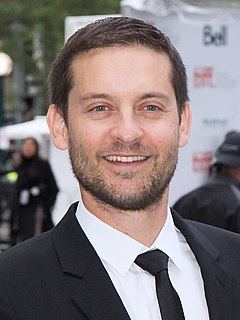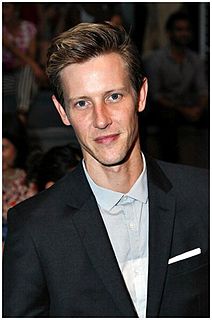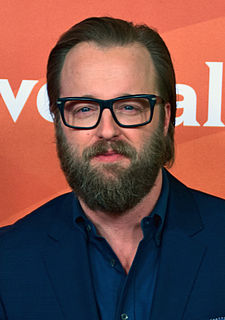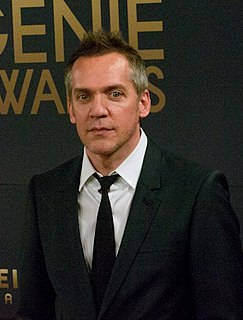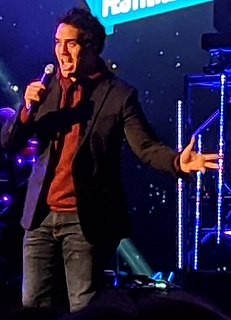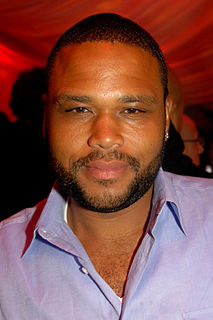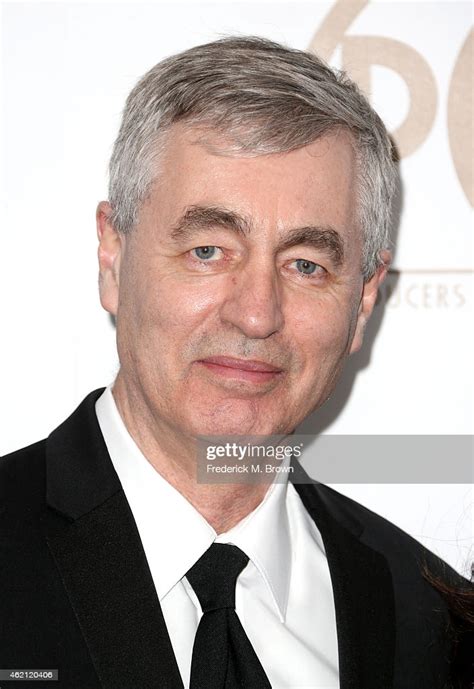Top 1200 Great Film Quotes & Sayings - Page 3
Explore popular Great Film quotes.
Last updated on December 22, 2024.
Our biggest art forms are film and television, and there hasn't been a great film about 9/11 yet, nor has there been a great television series. Something like The Wire gives us a rich and fully achieved picture of the wasteful, cruel War on Drugs; something like The White Ribbon gives a perspective on World War I that could only have been presented long after the event itself.
Silence Of The Lambs? is a ?fantastic? film. It's a horror film, and it's an incredibly well-told film that is about point of view in such a unique way. The way that film is shot, the way the eyelines are so close, if not directly into camera, betrays an intimacy with the characters and the audience.
There is something that might be called cinematic beauty. It can only be expressed in a film, and it must be present for that film to be a moving work. When it is very well expressed, one experiences a particularly deep emotion while watching that film. I believe that it is this quality that draws people to come and see a film, and that it is the hope of attaining this quality that inspires the filmmaker to make his film in the first place.
Stage is the ultimate test; I like watching established screen actors on stage to see if they can really do it. But it's great to have a healthy mixture of the two. Film is so technical: there's something very particular about the relationship between you and the camera. It took a long time for me to get good on film.
To me, a revolutionary film is not a film about a revolution. It has a lot more to do with the art form. It's a film that is revolting against the old established language of cinema that had been brainwashing the people for decades. It is a film that is trying to find ways to use sound and image differently.
The great thing with film is that it doesn't have an ego. It's just a film. Everybody that makes them has an ego, and the problem with awards and stuff like that is that it always affects the egos, and everyone gets stained by it in some way. And that can be fine and very innocent, but it can be horrible as well.
Visually I've always liked the 20s 30s for film. I do these because I like the music. I like the clothes. I like the way the women and the guys look. There are soldiers and sailors and gangsters with the machine guns in their violin cases. It's a very colorful era of New York, full of great theater and great nightclubs and great jazz.
I know when I watch a film at this point, if I completely lose myself in the characters and the story and the world of the film I know that it's at least in my opinion, that was great. Otherwise I'm thinking: "Oh I know they were just doing A, B and C, right before they walked into the scene, then the camera was there, then they probably took the shot from this reverse close-up and moved it into this." When all of that drops away then I'm like: "Okay this was phenomenal, this was fantastic." I mean, any film or TV performance in general is probably good.
I was at one of the lowest points of my life when we started this film [Dream of Life], except, of course, that I had two great children. But the film is not documenting a decline; it's documenting a rise up - first baby steps and then big steps up. The worst that could have ever happened to me had already happened. And so the film is on the ascent. And I think that gives it a nice spirit.
I've just directed a film called The Great Debaters, which is inspired by a true story about a young college debating team in the thirties and two of those people are still alive and we put them on tape on the film and I'm sure that will be added to the DVD, and to get the opportunity to do that is very cool.
I can understand that an audience, buying a ticket to see a picture of mine, wants to see something funny because they feel confident that at least I have a fighting chance to make a funny film when I make a film, whereas if I make a dramatic film there's one chance in a thousand that it's really going to come out great, so I understand how they feel about that and they're completely right.
African films should be thought of as offering as many different points of view as the film of any other different continent. Nobody would say that French film is all European film, or Italian film is all European film. And in the same way that those places have different filmmakers that speak to different issues, all the countries in Africa have that too.
